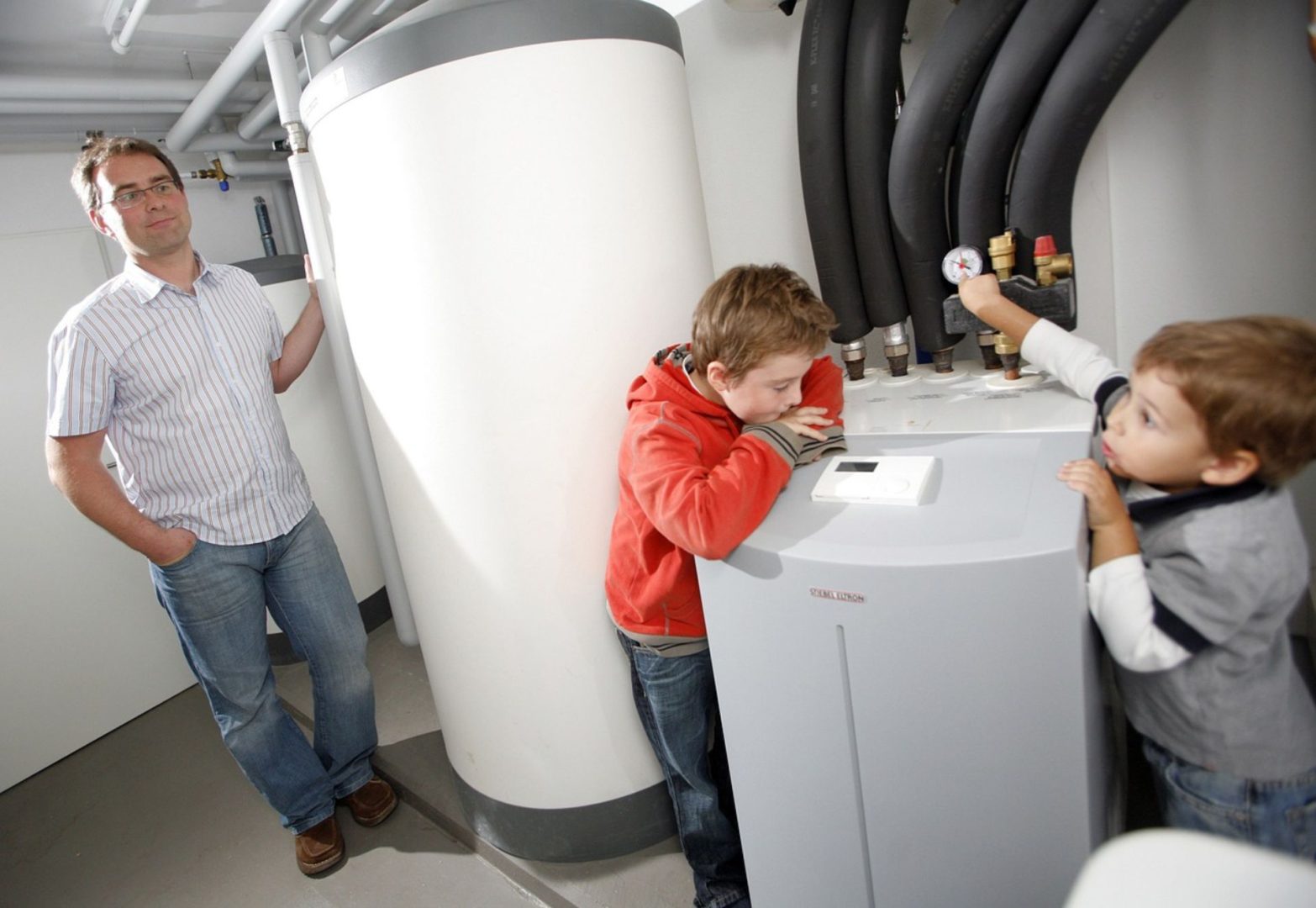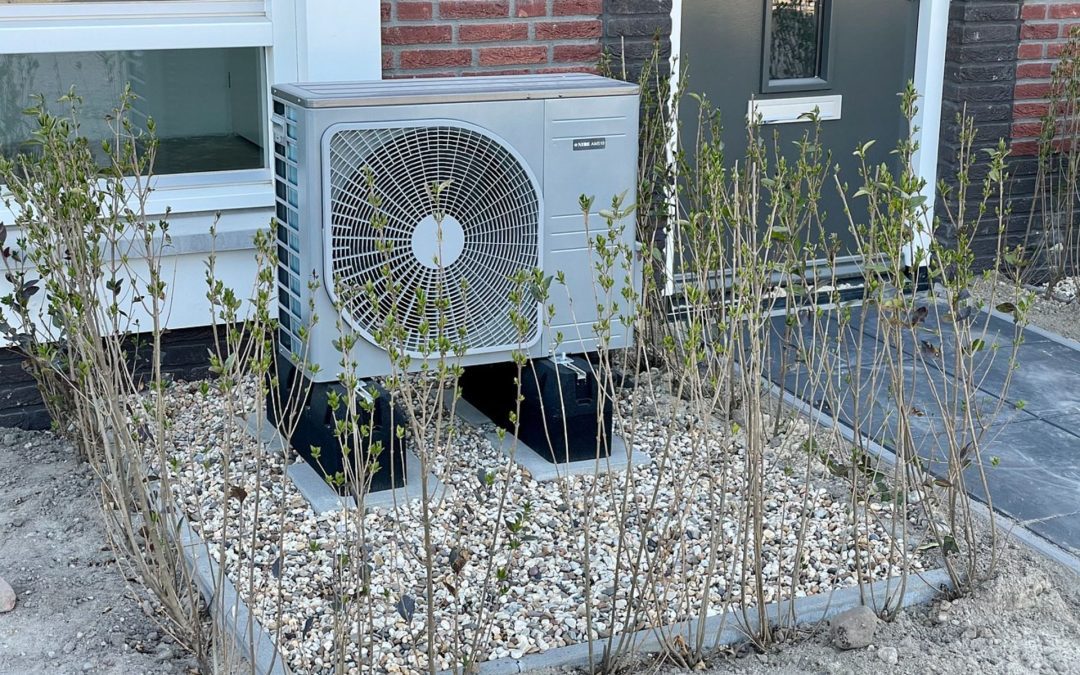Introduction to Heat Pumps
As we continue to explore sustainable and energy-efficient ways to heat and cool our homes, heat pumps have gained popularity as an eco-friendly alternative to traditional HVAC systems. Heat pumps are efficient devices that transfer heat between the indoors and outdoors, serving both heating and cooling purposes. In this blog post, we will delve into the world of heat pumps, explaining how they work and discussing their pros and cons.
How Do Heat Pumps Work?
Heat pumps are like magic wands for maintaining comfortable temperatures inside your home. They work on the principle of moving heat from one place to another, rather than generating heat directly. Here’s a brief overview of their operation:
- Heat Extraction: In colder months, a heat pump extracts heat from the outdoor air (air-source heat pump) or the ground (ground-source or geothermal heat pump) using a refrigerant.
- Heat Transfer: The extracted heat is then transferred to the indoor space through a heat exchanger. This warms up your home.
- Cooling Mode: In warmer months, the process can be reversed, and heat pumps can work as air conditioners. They extract heat from your home’s interior and release it outside.
Now that we understand how they work, let’s discuss the pros and cons of heat pumps.
Pros of Heat Pumps
- Energy Efficiency: Heat pumps are incredibly energy-efficient. Because they move heat rather than creating it, they can provide up to four times the energy they consume.
- Lower Operating Costs: Due to their high efficiency, heat pumps can lead to lower energy bills, which is particularly advantageous in regions with moderate climates.
- Environmental Benefits: Heat pumps produce fewer greenhouse gas emissions compared to traditional heating methods, making them a greener choice.
- Versatility: They can both heat and cool your home, providing year-round comfort.
- Long Lifespan: Well-maintained heat pumps can last 15-20 years, and some geothermal heat pumps can last even longer.
- Quiet Operation: Modern heat pumps are designed to operate quietly, ensuring a peaceful indoor environment.
- Zoning and Control: Heat pumps can be used for zoning, allowing you to heat or cool specific areas of your home, saving energy and increasing comfort.
Cons of Heat Pumps
- Upfront Costs: The initial purchase and installation of a heat pump can be more expensive than traditional HVAC systems, especially geothermal heat pumps.
- Climate Dependency: Air-source heat pumps may struggle to operate efficiently in extremely cold climates, as there is less heat to extract from the outdoor air.
- Maintenance: Regular maintenance is essential to keep a heat pump functioning optimally, which can be an additional cost.
- Electricity Dependency: Heat pumps rely on electricity to operate, so they may not be the best choice in areas with high electricity costs.
- Space Requirement: Ground-source heat pumps require a significant amount of space for ground loops, which might not be feasible for all properties.
Conclusion
Heat pumps are a promising solution for energy-efficient and environmentally friendly home heating and cooling. Their numerous benefits, including energy efficiency, lower operating costs, and environmental advantages, make them a compelling choice for many homeowners. However, it’s essential to weigh these benefits against the potential drawbacks, such as upfront costs and climate dependency, to determine if a heat pump is the right choice for your home. If you’re considering a heat pump, it’s advisable to consult with a professional to assess your specific needs and climate conditions to make an informed decision.
If you’re based around Cheltenham, Gloucester, or surrounding areas we at PSK would love the opportunity to help you with your project. Get in contact today.


